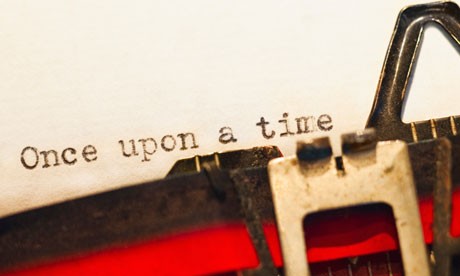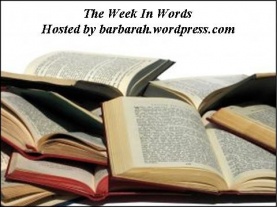Heroes Narrative
Barbara shared this blog post, in which I found the comments as interesting as the article itself — especially those by “Jonathan” and “Concerted Effort.” In one comment, this phrase “heroes narrative” is used to describe a strategy leaders may use of creating straw men to characterize those who go a different way.
But we all tend to construct heroes narratives — we all make sense of the things that happen to us in such a way as to make ourselves look good.
It’s an interesting topic to me. I’ve studied the art of autobiography, and how difficult it is to get at any sort of “objective” truth of a person’s life. We are all making stories all the time. I think of a passage in A World Lost in which Wendell Berry’s child narrator tells us,
I walked fast, telling myself the story of myself: “The boy is walking across the farm. He is by himself. Nobody knows where he is going. It is a pretty day.”
At some level, we’re usually busy in this way, organizing and shaping the raw material of experience. The challenge is realism — finding balance between the internal Walter Mitty and the outer non-negotiables of one’s life.
In my prayer life I’ve been trying to back up and park a few steps earlier in the process, acknowledging things that don’t make sense to me — even things about myself or my life that may bring an involuntary flinch — and letting them be. Maybe I am a hero. But maybe I just have a problem. It’s kind of a relief to realize that I’m under no obligation to make any narrative of my life at all. I can let God worry about that… Mine can be the process of discovering rather than the responsibility of explaining.




4 Comments
Carolin
I like the idea of discovering and not explaining, in order to make ourselves look good. I have been reading Nouwen’s Genesee Diary. He is refreshing to read for the very reason you mention in this article. He doesn’t explain, he discovers and describes the state of his soul. He is willing to not be the hero and let God be the hero. He is learning to be content to let the Holy Spirit do his work within him, all is grace.
Janet
He’s an author I’d like to read! Philip Yancey included a chapter on him in his book ‘Soul Survivor,’ and it really piqued my interest — as does what you say here.
Ruth
This is very thought-provokingl. I go back and forth between justifying myself (making myself the hero) and being down on myself (making myself the villain). Really, I just think way too much.
Barbara H.
I hadn’t looked at the comments there – there were way too many! I’ve often though that an autobiography is the best way to learn about a person, because they are the only ones that know what they’ve done and why, yet I can see that their vision of what’s going on in life can be skewed by how they interpret events and other people’s words, which is probably the basis of many misunderstandings. I’ve often thought of some people, “If they could only see themselves as others see them,” but then I don’t know if I’d really want to know that about myself. I am glad, like you say, that I don’t have to make a narrative of my life and can just walk with the Lord as best I know how from His Word and let Him teach and guide me as i go along.